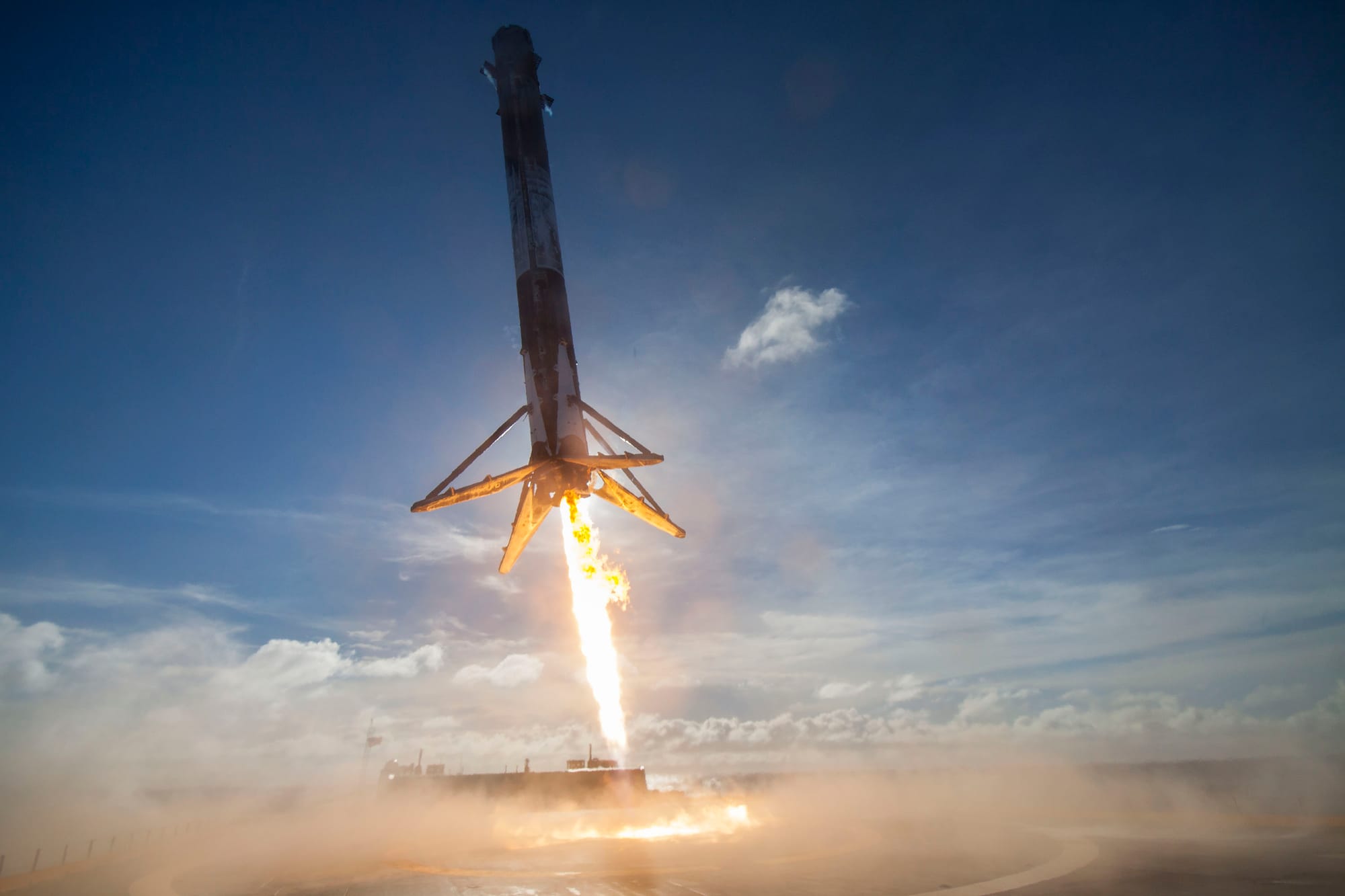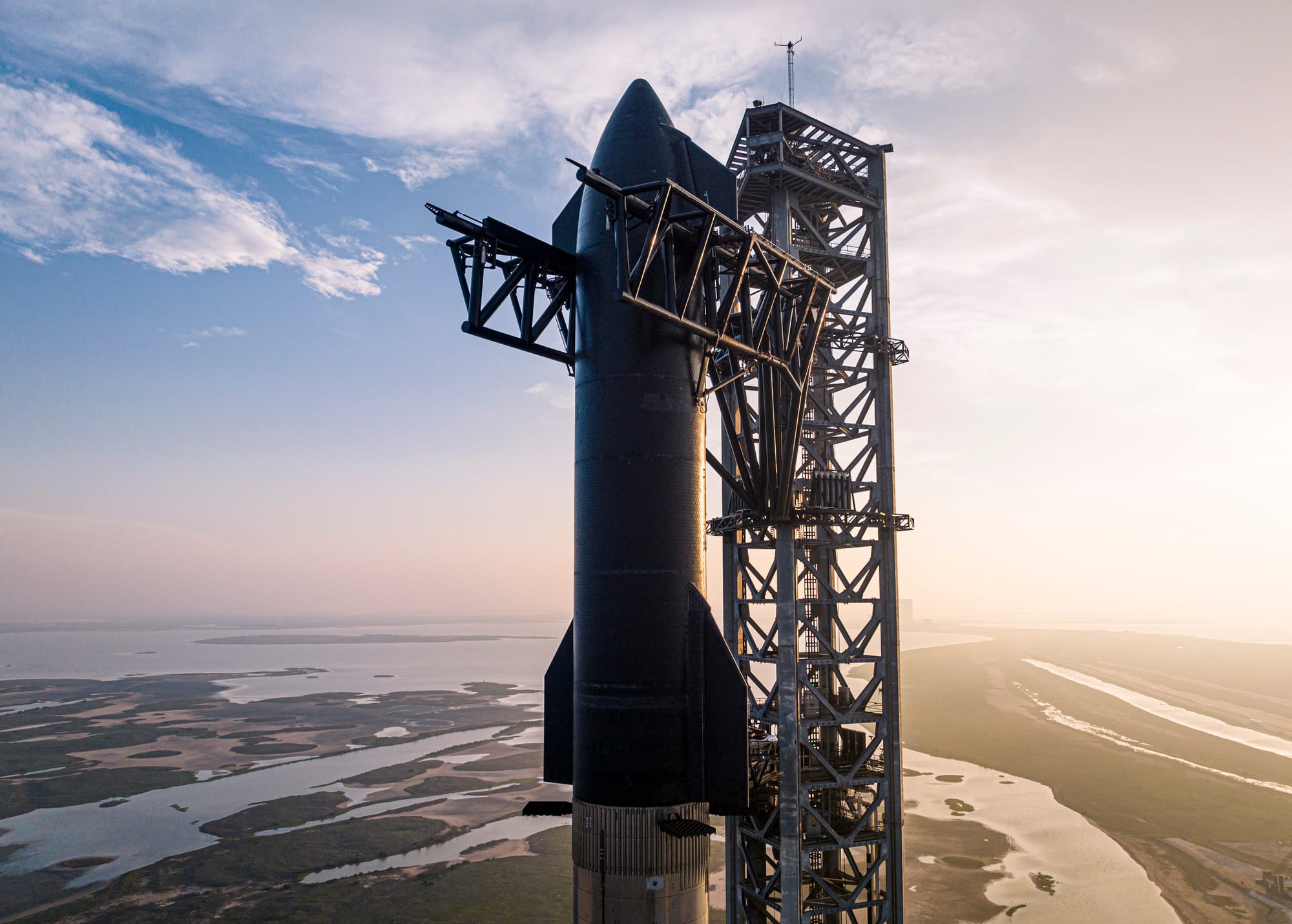By Oscar Zimmerman, Third Year, Physics with Scientific Computing
When talking about SpaceX, we all know a few things: they want to colonise Mars, their rockets blow up all of the time, and Elon Musk is running the show. But beyond these few sparse details - what actually is SpaceX? What have they achieved? What’s the difference between SpaceX and NASA?
Over the last twenty years, SpaceX has been breaking records consistently, having been:
- The first privately funded, liquid-fueled rocket (Falcon 1) to reach orbit (28 September 2008)
- The first privately funded company to successfully launch a rocket (by Falcon 9)
- The first privately funded company to successfully launch, orbit and recover a spacecraft (Dragon) (9 December 2010)
- The first private company to send a spacecraft (Dragon) to the International Space Station (25 May 2012)
- The first private company to send a satellite into geosynchronous orbit (Starlink)
- The first orbital launch of an all private crew (16 September 2021)
- The flight test of Starship - the tallest and most powerful rocket ever launched (20 April 2023)
These achievements represent one of SpaceX’s biggest goals, increasing the private availability of space travel. Technological breakthroughs such as the Merlin and Raptor engines, which allow for the landing of rockets, present SpaceX as a company concerned with reusability and accessibility. What is most clear from this list however is the frequency of the word ‘private’. This highlights the biggest difference between SpaceX, and the other major name in space: NASA.

SpaceX is privately funded - it raises its money the same way any private contractor does: private investments, government contracts and commercial partnership. Meanwhile, NASA’s budget comes from the USA's federal budget, and is about $22 billion a year (which is about 0.5% of the fiscal budget). SpaceX is a company, not an administration, so all of their money is privately raised (about $2-3 billion dollars), alleviating itself of the burden of politics. Their reputation for unsuccessful launches isn’t as much of an issue as it would be with NASA, as SpaceX does not have to worry about the opinion of the taxpayer - only whether they fulfil their contracts (which includes NASA, the DoD, and the Pentagon).
Fulfilling these contracts may be how SpaceX pays the bills, but to what end? Musk has repeatedly stated a personal goal of human settlement on Mars, reflected in his company’s work. SpaceX plans to use the rocket Starship to launch to Mars, where it will set up a crewed base for prolonged exploration and settlement. This would be the first step to colonisation, and the beginning of a long road that would have to reach beyond the limited capabilities of SpaceX. Musk has speculatively stated 2029 as a launch date, although with the recent failed launch of Starship, that date will most likely be pushed back. This is contrasted against NASA’s mission to Mars - which they predict will occur in the early 2030s, and would be for research purposes.

The prospect of colonisation is hotly debated, with figures such as Lord Martin Rees and Neil deGrasse Tyson weighing in. Lord Rees, when asked on the issue in 2021, said ‘The idea of Elon Musk to have a million people settle on Mars is a dangerous delusion. Living on Mars is no better than living on the South Pole or the tip of Mount Everest’, while Dr Tyson called Musk’s venture ‘unrealistic’.
So what does 2024 hold for SpaceX? Already, the successful launch of Axiom-3 has started the year off right, with it also being the first crewed launch from Cape Canaveral since Apollo 7. Other future launches for this year include a launch of 22 Starlink satellites to low-Earth orbit. Beyond that, SpaceX hasn’t released their launch schedule to the general public, and the current priority will probably lie in the analysis of the failed Starship launch.
Featured image: Flickr / Official SpaceX Photos
Would you like to be one of the first settlers on Mars?









